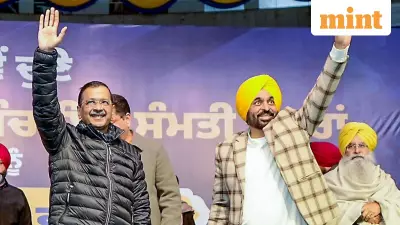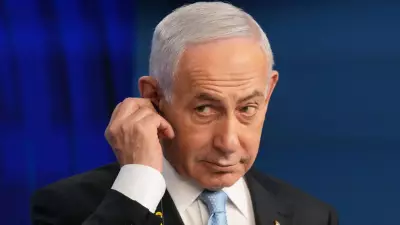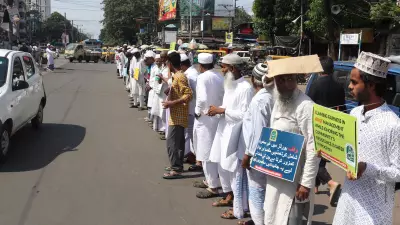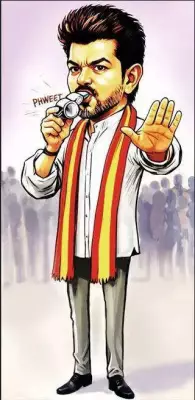
In what appears to be a growing trend in Indian politics, family connections are increasingly becoming the golden ticket to electoral candidacy in Bihar. As political parties finalize their candidates for the upcoming elections, a clear pattern has emerged: bloodlines are trumping grassroots experience.
The Family Affair in Bihar Politics
The Rashtriya Janata Dal (RJD), led by Lalu Prasad Yadav, has set the stage by nominating several family members for crucial seats. His daughter, Rohini Acharya, is contesting from Saran, while his eldest daughter, Misa Bharti, will try her luck in Patliputra. The political dynasty doesn't stop there—Lalu's relatives are positioned across multiple constituencies.
Meanwhile, the ruling Janata Dal (United) isn't far behind in this family-centric approach. Party chief Nitish Kumar's son, Nishant Kumar, has been active in political circles, though his formal candidacy remains a topic of speculation among party insiders.
Across Party Lines: The Kinship Connection
This phenomenon isn't limited to regional parties. The Bharatiya Janata Party (BJP) has also embraced political heirs, with former Union minister late Ram Vilas Paswan's son, Chirag Paswan, continuing the family legacy. Similarly, former chief minister Jitan Ram Manjhi's son, Santosh Kumar Suman, has been fielded from crucial seats.
The Lok Janshakti Party (Ram Vilas) has nominated Arun Bharti, son of party president late Ramchandra Paswan, from Samastipur, further cementing the trend of political inheritance.
What This Means for Bihar's Democracy
Political analysts express concern that this growing dynastic culture could:
- Marginalize qualified candidates without political connections
- Create echo chambers within party decision-making
- Limit fresh perspectives in governance
- Reduce opportunities for grassroots leaders
As Bihar prepares for another electoral battle, voters are left wondering whether political meritocracy is becoming collateral damage in the game of thrones played by political families.





